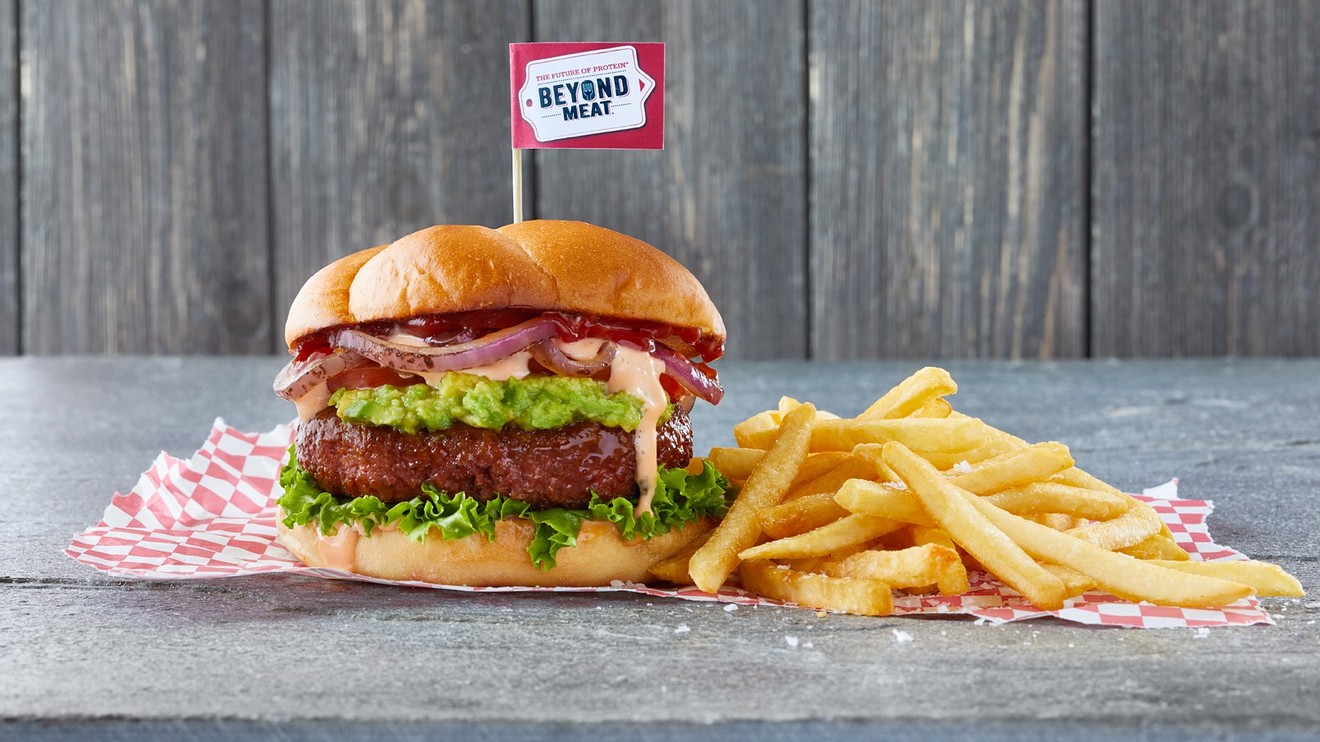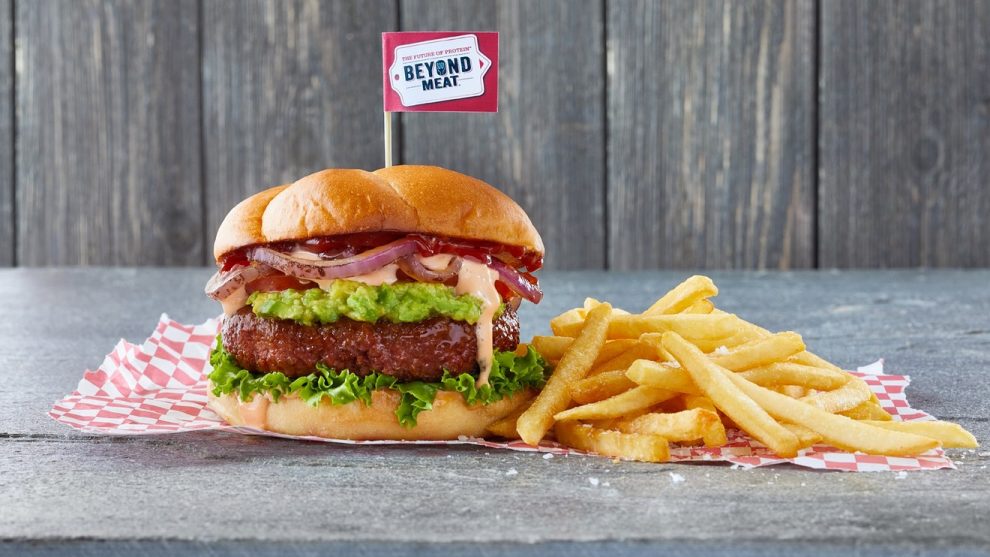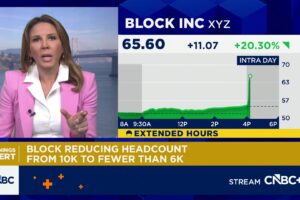
The meatless burger is becoming more popular among meat-eating consumers.
Some 95% of people who purchased a plant-based burger this year also ate meat, new data from market researcher NPD Group shows.
There were 228 million servings of plant-based burgers at quick service restaurants this year, up 10% from a year ago. And while beef burgers are still the most popular burger on menus with 6.4 billion ordered, growth is flat compared to a year ago, according to the report.
‘U.S. consumers have not given up on beef burgers, but are willing to mix things up every now and them.’
The substantial year-over-year growth among plant-based burgers is due primarily to greater availability at major chains like Burger King QSR, +1.50% and White Castle.
While vegetarians and vegans are contributing to the growth in the plant-based market, they still make up a small single digit percentage of the U.S. population and are not the main contributors to market growth, NPD food analysts note.
What’s more, 18% of the adult population say they’re trying to incorporate more plant-based foods into their diets; and 60% of U.S. adults want more protein in their diets, according to the report.
“Plant-based burgers allow consumers to substitute without sacrifice. They get the ‘burger’ experience while assuaging their need for more protein and social concerns,” says Darren Seifer, NPD food and beverage industry analyst. “U.S. consumers have not given up on beef burgers, but are willing to mix things up every now and then.”
The hype is hotter than ever this year as major fast-food chains jump on the bandwagon. Burger King announced earlier this year it’s Impossible Whopper from soy protein, potato protein, coconut oil, sunflower oil and heme, a molecule that makes it look and bleed like real meat.
Last month, California-based Tex-Mex chain Del Taco sold two million of its meatless tacos made with plant-based substitute Beyond Meat two months after its launch inspiring the chain to roll out meatless burritos.
The meatless consumer trend is making its way into at-home kitchens too. Beyond Meat sent shares of meal kit company Blue Apron APRN, -0.20% soaring this week after it announced it would add Beyond Meat plant-based proteins to its menus beginning in August.
Still, dietitians say that ordering a plant-based burger at a fast food restaurant isn’t necessarily much healthier than eating a regular beef patty, especially if you order fries with it. When you factor in sodium, calories and fat content, plant-based burgers mimic the nutritional profile of their meaty counterparts.
Don’t miss: Blue Apron stock soars as news of Beyond Meat menus sparks a round of short covering
The demand for alternative protein is spawning food-cloning companies. Technology at Boston-based company Ginkgo Bioworks is being used in its food startup Motif Ingredients to replicate the texture and taste of foods like meatballs, chicken nuggets, cheese and yogurt with alternative proteins.
The lab technology develops ingredients that could be used in place of dairy, eggs and meat using amino acids, enzymes, vitamins and other ingredients through fermentation with genetically engineered years and bacteria for protein substitutes.
Part of the plant-based appeal is it entices consumers to cut out red-meat consumption. Studies have shown that red meat is “not essential” for diets, and has been linked to health risks. Nutritionists advise cutting out excessive amounts of meat and replacing the protein source with plants like legumes, vegetables and nuts.
Don’t miss: What consumers need to know about meatless fast food’s cost and calorie count
Shares of Beyond Meat BYND, +5.40% are up 157.2% for the year to date, while the Dow Jones Industrial Average DJIA, +0.19% is up nearly 17% and the S&P 500 Index SPX, +0.74% is up 19.5% over the same period.










